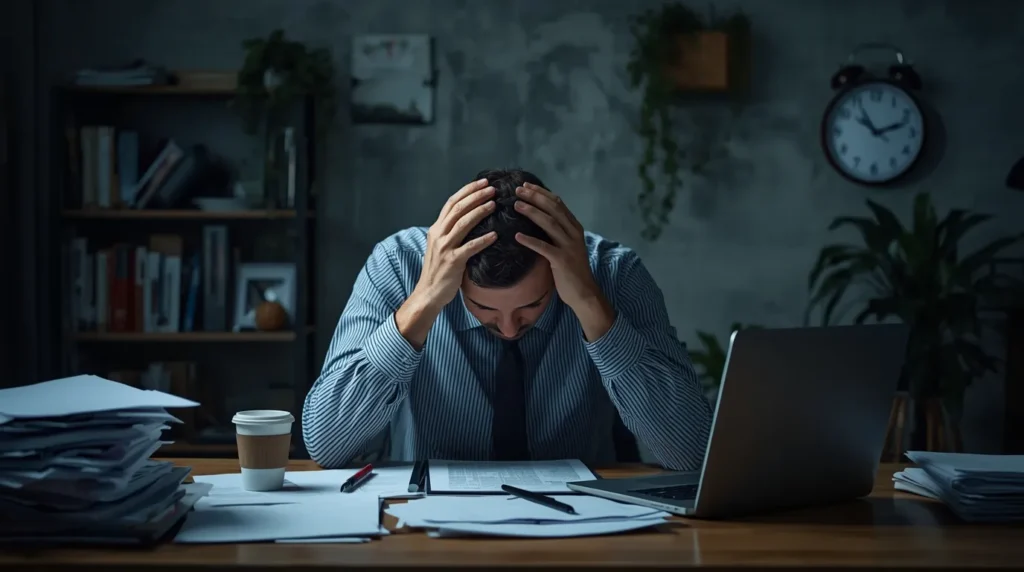Recognizing Early Signs of Burnout
In today’s fast-paced world, burnout has become a common concern, affecting professionals, students, and caregivers alike. Burnout isn’t just feeling tired — it’s a state of emotional, mental, and physical exhaustion caused by prolonged stress.
Recognizing the early signs of burnout is crucial because intervening early can prevent serious health issues and help restore balance. Awareness allows you to take proactive steps before stress impacts your productivity, relationships, and overall well-being.
Here’s how to identify the warning signs of burnout and what to do about them.
1. Constant Fatigue and Low Energy
One of the first signs of burnout is persistent tiredness, even after a good night’s sleep:
- Feeling drained before the day even starts
- Lack of motivation for work or hobbies
- Struggling to focus or complete tasks
💡 Tip: Listen to your body and prioritize rest when fatigue becomes chronic.
2. Emotional Exhaustion and Irritability
Burnout often affects your emotions:
- Feeling overwhelmed or emotionally drained
- Increased irritability or impatience with others
- Sense of detachment or numbness
Emotional exhaustion can strain relationships at work and home.
3. Decreased Productivity and Motivation
Burnout reduces your ability to perform effectively:
- Tasks take longer or feel impossible to complete
- Loss of interest in goals you once enjoyed
- Frequent procrastination or avoidance behaviors
💡 Tip: Track changes in focus or productivity as an early warning.
4. Physical Symptoms
Stress manifests physically during burnout:
- Headaches, muscle tension, or back pain
- Sleep disturbances, like insomnia or oversleeping
- Digestive issues or changes in appetite
These symptoms often persist even with lifestyle adjustments, signaling deeper stress.
5. Cynicism and Negative Attitude
Burnout can change your outlook:
- Feeling detached or cynical about work, school, or life
- Reduced empathy for colleagues, friends, or family
- Viewing tasks as meaningless or overwhelming
6. Social Withdrawal
When burned out, people often isolate themselves:
- Avoiding social events or interactions
- Withdrawing from supportive relationships
- Feeling disconnected even around loved ones
💡 Tip: Social withdrawal is a warning sign — staying connected can help prevent deeper burnout.
7. Increased Mistakes and Forgetfulness
Mental exhaustion impacts cognition:
- Forgetting important deadlines or tasks
- Making more mistakes than usual
- Difficulty concentrating or making decisions
These signs indicate your mind is overworked and needs recovery.
How to Prevent or Manage Burnout
- Set boundaries: Learn to say no and avoid overcommitment.
- Prioritize self-care: Sleep, exercise, hobbies, and relaxation are essential.
- Delegate tasks: Ask for help at work or home when needed.
- Take breaks: Short daily breaks and vacations prevent chronic stress.
- Seek professional support: Therapists, counselors, or support groups can help.
Final Thoughts
Burnout can sneak up quietly, but recognizing early signs empowers you to take action before it escalates. Physical, emotional, and behavioral symptoms are all signals that your body and mind need care.
By staying aware, setting boundaries, and prioritizing self-care, you can protect your well-being, maintain productivity, and regain balance in life.
Remember: A healthy mind and body are essential — never ignore the signs of burnout.

